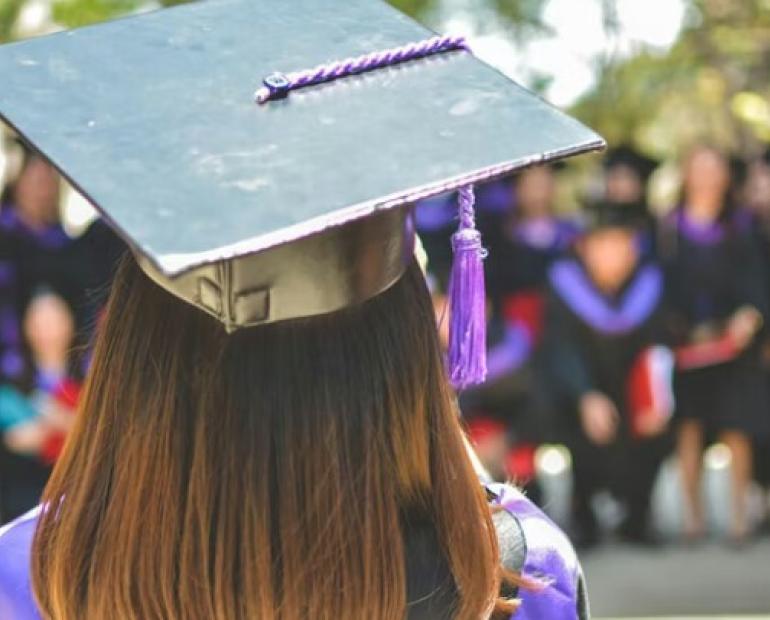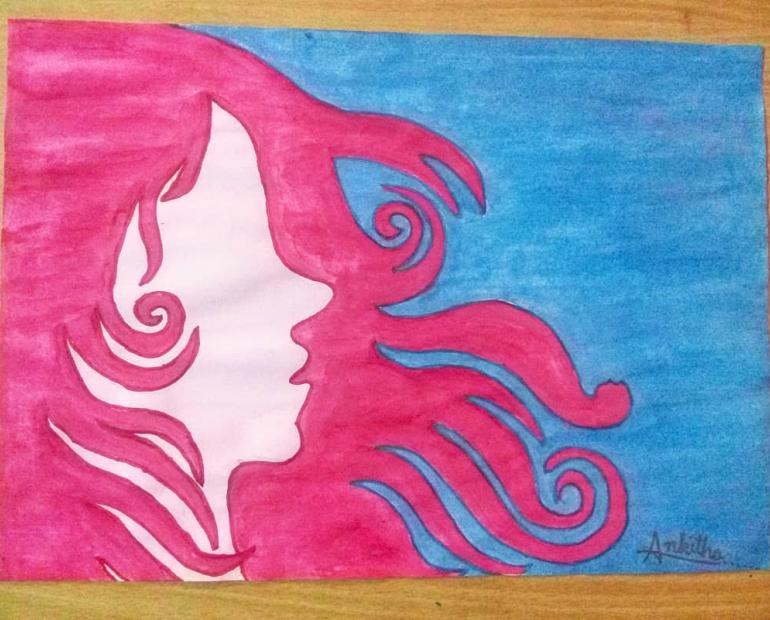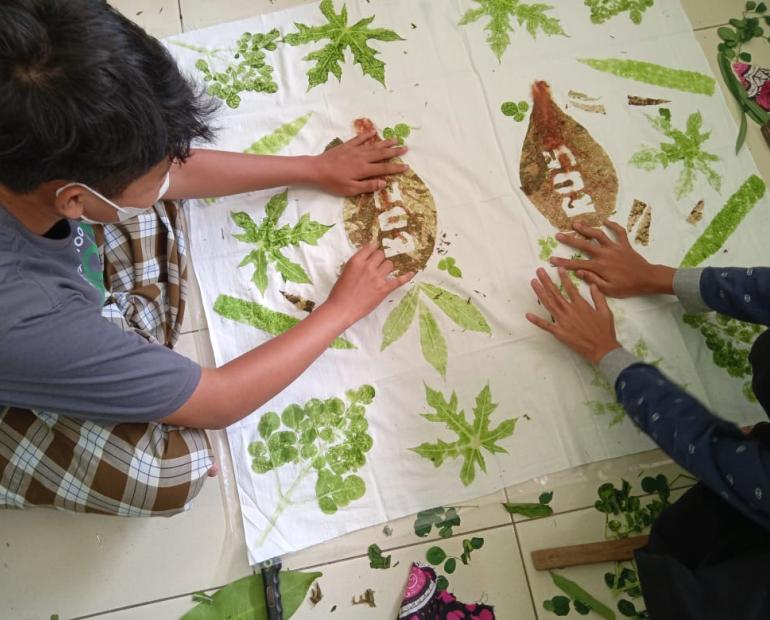The current COVID-19 crisis in many countries is an urgent wake up call. Cases are exploding and health systems are struggling around the world. And new variants could end up impacting the rest of the world.
Sharing COVID-19 vaccines from countries who have surplus doses now is an immediate, short-term and urgent solution to improving equitable access. But why is it so important that well supplied countries donate doses now?

1. BECAUSE No one is safe until everyone is safe.
The longer the virus continues to spread unchecked, the higher the risk of more deadly or contagious variants emerging.
While some countries are vaccinating their entire adult populations against COVID 19, others with very poor vaccination coverage are witnessing dangerous surges in infection rates and the emergence of new variants. The deadly spike in India could be a precursor to what will happen across the region, and globally, if this inequity prevails.

2. There are many doses. But in very few hands.
Wealthy countries are flush with vaccines, while less than 1% are reaching people in low-income countries. This risk is prolonging the pandemic for everyone, allowing new more deadly and contagious variants of the virus to develop, risking the efficacy of existing vaccines.
Countries need not choose between fighting COVID-19 at home or fighting it abroad. We can, and must, do both simultaneously – and immediately. Richer countries could still vaccinate its population while donating surplus doses, according to new data analysis from Airfinity, the life sciences research facility.
The quickest way out of this pandemic is by working together now.

3. There is already a mechanism to make vaccines available to those who need it the most: it’s called COVAX.
COVAX is part of a global effort led by UNICEF, Gavi, the Vaccine Alliance, WHO and CEPI, aimed at accelerating the development and manufacture of COVID-19 vaccines, and to guarantee fair and equitable access around the world. The role of COVAX is to continually watch the development of COVID-19 vaccines to identify the most suitable vaccine candidates, working with manufacturers and partners on the procurement of vaccine doses, as well as freight, logistics and storage.
But COVAX is undersupplied. Sharing COVID-19 vaccines from countries who have surplus doses now is critical to immediately increase doses available to COVAX for distribution to low- and middle-income countries.
Learn more about COVAX, here.

4. Donating doses would also help resume life-saving health services in most-affected countries.
Disruption in routine immunization, due to the fear of health workers spreading COVID 19, has left at least 228 million people, mostly children, at risk of developing preventable diseases, such as measles, yellow fever and polio.
Without urgent action on the equitable distribution of vaccines, the cost of the pandemic to families across the world will be incalculable.






